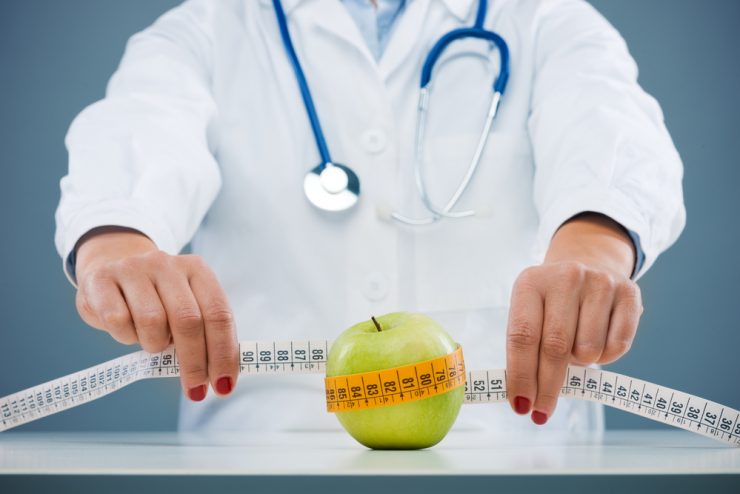A deficiency of iron may lead to a condition known as anaemia, in which there are not enough red blood cells in the body. When the body does not produce adequate red blood cells, it does not function properly, and organs and tissues will not get enough oxygen.
Several different conditions and illnesses may lead to anaemia. It is rare that diet alone will cause the condition; however, diet and supplements play an important role in the treatment of anaemia, no matter what the cause. The main supplement will be iron, usually in the form of ferrous sulphate, taken several times a day. For people who experience side effects from ferrous sulphate, ferrous gluconate may be prescribed, but this form of iron takes longer to be effective.
For a diet that is deficient in iron, there are many iron-rich foods that will alleviate the problem. These include dark green leafy vegetables, beans, nuts, raisins, prunes, apricots, meat, and iron-fortified bread. A well-balanced diet with foods from every food group should be followed, as well.
Another form of anaemia is caused by B12, or folate, deficiency, but it is rarer, particularly in young people. B12 is found in animal products like meat, eggs, and dairy, as well as fortified cereals and soy products. A B12 deficiency may happen with those following a strict vegan diet, so supplementation generally is necessary (or the use of fortified foods). Folate is found in green vegetables, chick peas, and rice.













